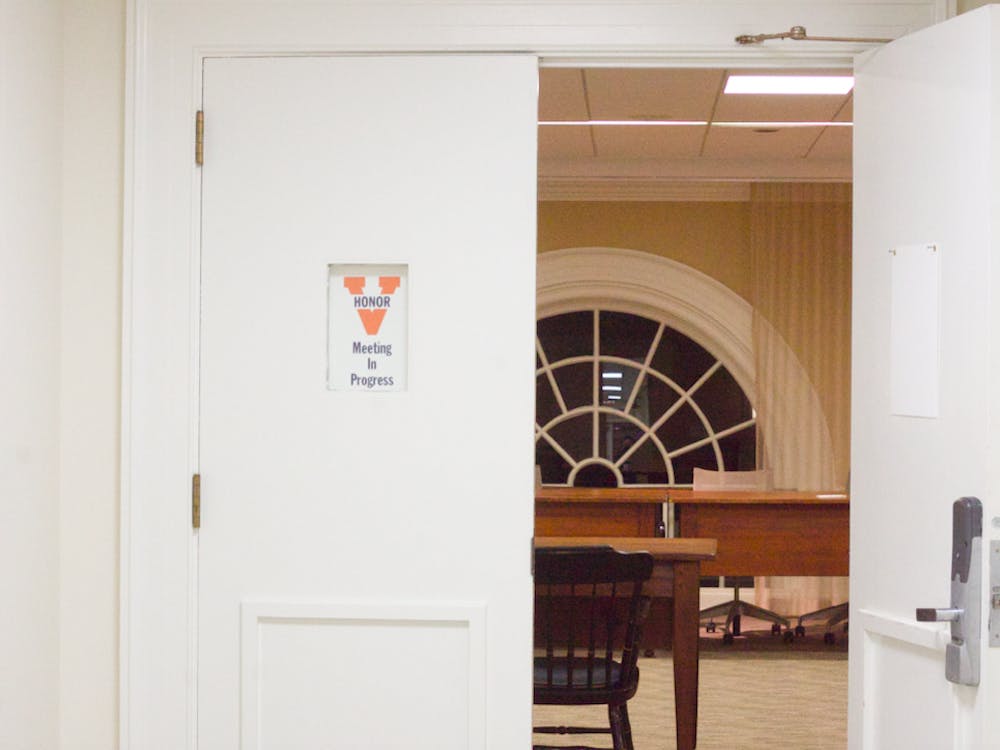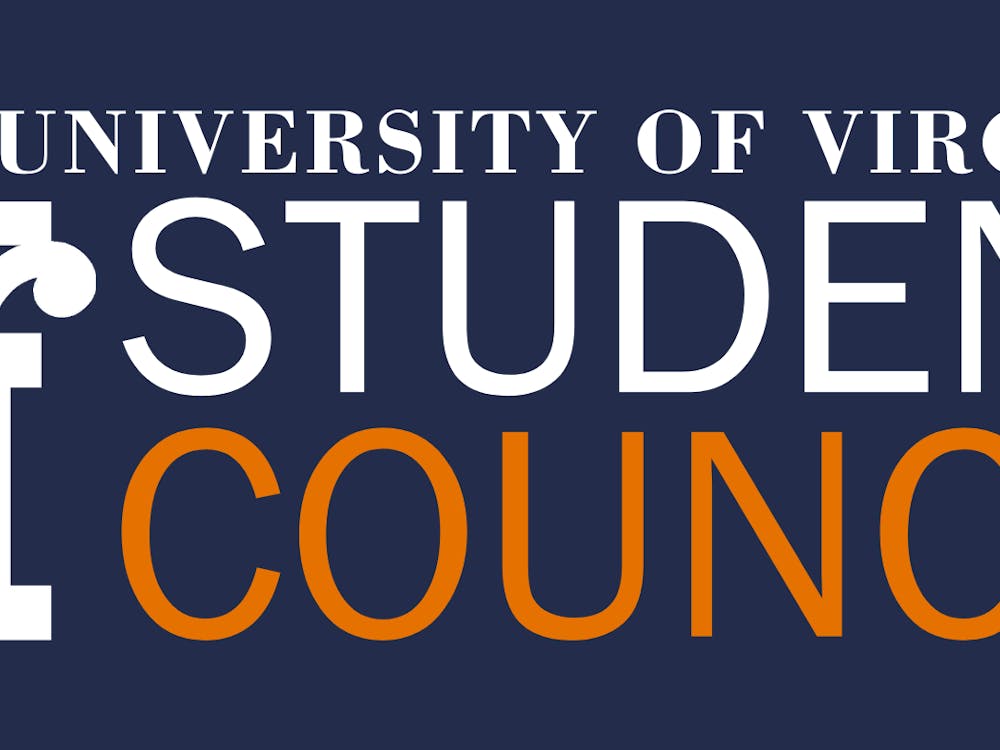As Americans, we have reason to be proud. Yet, there are of course many regrettable stains on our national story, including but not limited to over two centuries of slavery, Japanese internment during World War II and the brutal killing and displacement of Native Americans. It is crucial that both sides of the story be told, and I feel primary and secondary school educational requirements have, more or less, made students aware of crucial historical events. They have, however, fallen well below the bar in regard to teaching how U.S. power during the 20th century was utilized in Latin America, events that are collectively a vital component of our nation’s history and ought to be taught to all students in high school U.S. history classes.
My personal knowledge of U.S.-Latin American relations from high school classes extended merely to the botched Bay of Pigs Invasion and the U.S. annexation of Cuba and Puerto Rico following the Spanish-American War. Yet, U.S. involvement in Latin America throughout the 20th century was much deeper, much more complex and produced incredibly more profound implications for the people living in Latin America than my high school history curriculum gave it credit. For instance, in 1954, President Eisenhower launched a covert operation in Guatemala with the intention of removing a democratically elected leader, Jacobo Arbenz Guzman, because his policies were deemed too leftist, which was unacceptable to the U.S. government during the Cold War era. Likewise, in 1973, President Nixon gave the go-ahead for a coup to oust Chile’s democratically elected president, Salvador Allende, for the same reason. This is not to mention that the U.S. also occupied Haiti, and aided authoritarian governments in Nicaragua, El Salvador and the Dominican Republic during the century.
The effects of the United States’ meddling in the domestic affairs of Guatemala and Chile, in particular, had especially tragic effects that have forever altered the history of both nations. The new U.S.-backed president of Guatemala was assassinated a short three years after he was installed, instigating a four decade-long struggle for power that contributed to the deaths of hundreds of thousands of men, women and children. The result in Chile was similar. After the U.S.-supported coalition successfully removed President Allende from power, the U.S.-backed regime, led by General Augusto Pinochet, became a brutal totalitarian fascist dictatorship responsible for the torture, imprisonment and deaths of more than 40,000 Chileans.
As Americans, hearing about our nation’s involvement in such heinous atrocities is by no means an easy pill to swallow. Our actions seem to defy the very ideals for which we stand, namely democracy and freedom. Yet, the United States has consistently justified its interventionist policies in Latin America in the name of democracy and freedom, with the use of the Monroe Doctrine which, 200 years ago, claimed de facto American domination over the Western Hemisphere. While then-President James Monroe certainly sought to assert preeminence over the Americas, he surely could not have foreseen the the extent to which future generations of policymakers would manipulate the geopolitics of Latin America.
It is the prerogative of an effective education system to teach students all aspects of a nation’s history. Even so, last February several Oklahoma state policymakers sought to defund the AP U.S. History program because they felt that the course dwells too heavily on the off-putting aspects about American history, and not enough on the more prideful ones. I would venture to say the exact opposite. Current high school curricula fail to adequately incorporate this critical component of U.S history into class discourse, which is a disservice to students and certainly to the hundreds of thousands of individuals whose lives were forever altered by United States foreign policy in Latin America.
Teaching the history of imperialism is certainly a challenging endeavor, and other nations with imperial pasts, such as Great Britain and France, have had similar difficulties because they, for obvious reasons, do not want youths growing up hating their respective countries. Nevertheless, although this part of our history might be ugly, it still must be addressed and taught to students, even at the expense of losing some pride in our past.
Jesse Berman is an Opinion columnist for The Cavalier Daily. He can be reached at j.berman@cavalierdaily.com.





